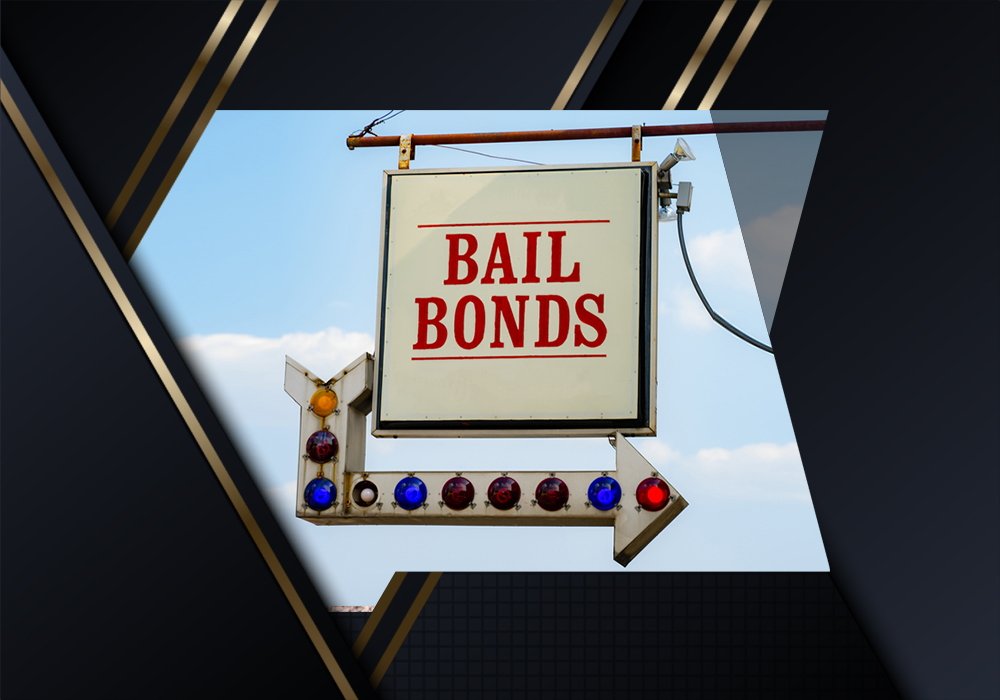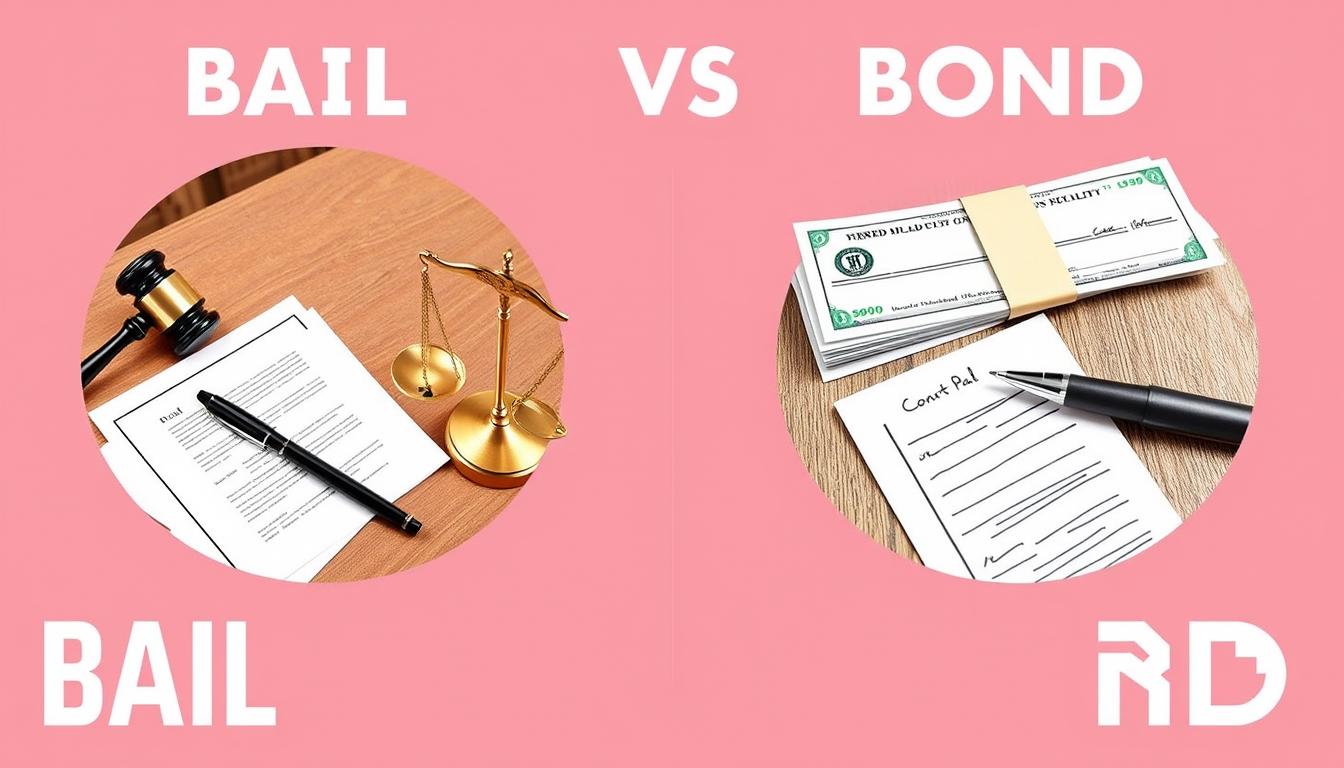Why Trusting a 24-hour bail bondsman Provides Peace of Mind
Understanding the Refine of Securing a Bail Bond: What You Need to Know
Safeguarding a bail bond can be an intricate procedure. It involves understanding different aspects, from the kinds of bonds available to the associated expenses. Individuals frequently overlook vital details that can impact their circumstance. The steps to get a bail bond need careful factor to consider and understanding of responsibilities. As the procedure unfolds, crucial decisions need to be made that might influence the end result significantly. What should one prepare for when traversing this challenging landscape?
What Is a Bail Bond?
A bail bond is a financial arrangement that enables a detained person to be released from custodianship while waiting for test. This setup involves a 3rd party, generally a bondsman, who guarantees the court that the person will certainly return for their set up court appearances. For this solution, the bondsman usually charges a non-refundable cost, typically a percentage of the overall Bail amount.
Bail bonds offer an important feature in the legal system, giving a system for offenders to keep their freedom throughout the pre-trial phase. This can assist them plan for their protection better. The Bail quantity is identified by the court based on different aspects, including the seriousness of the infraction, the offender's criminal background, and the risk of trip. Inevitably, a bail bond stands for a dedication to copyright lawful obligations while enabling people the chance to continue their everyday lives up until their court day.
Exactly How Bail Bonds Work
Bail bonds run with an uncomplicated procedure that involves several vital steps. A defendant or their depictive get in touches with a bail bond agent after an arrest. The representative examines the scenario, including the Bail quantity established by the court and the accused's history. When a decision is made, the agent typically requires a non-refundable cost, normally a portion of the overall Bail amount, typically ranging from 10% to 15%.
After the cost is paid, the representative protects the Bail by signing an agreement with the court, ensuring that the offender shows up for all arranged court days. If the accused fails to show up, the bail bond representative is accountable for the complete Bail quantity, leading the representative to look for the defendant. Throughout this process, the bail bond agent plays a necessary role in promoting the release of the offender while handling the linked monetary risks.
Sorts Of Bail Bonds
Comprehending the numerous types of Bail bonds is essential for defendants and their family members as they navigate the legal system. There are a number of typical sorts of Bail bonds readily available, each serving a particular purpose.
The most common is the guaranty bond, which includes a bondsman ensuring the complete Bail quantity for a charge. An additional type is the money bond, where the offender or their family members pays the full Bail quantity in cash money directly to the court.
Home bonds enable individuals to use property as security for the Bail amount. Additionally, government bonds are certain to government situations, commonly needing a higher costs and a lot more stringent conditions.
Migration bonds are utilized in instances concerning migration violations. Each sort of bond has unique treatments and implications, making it vital for those included to comprehend their choices extensively.
The Costs Associated With Safeguarding a Bail Bond
Protecting a bail bond involves various costs that can significantly affect an accused's funds. The principal expenditure is the premium, normally varying from 10% to 15% of the total Bail quantity established by the court. This costs is non-refundable, no matter the case end result, representing the bail bond representative's cost for their services. Extra costs may include administrative charges, which some representatives impose for processing documents, and collateral requirements, where the accused may need to provide possessions to protect the bond. In instances involving greater Bail amounts, the requirement for security comes to be more obvious. bail bonds. Offenders should be conscious of possible prices associated to missed court days, which can lead to more financial penalties. Understanding these prices is necessary for offenders and their families, as they can considerably affect the economic worry associated with protecting a bail bond
The Process of Getting a Bail Bond
The procedure of getting a bail bond entails a here collection of organized steps that begin with the submission of an application. Applicants must also think about different settlement and security alternatives that may be needed by the bail bond company. Recognizing these parts is crucial for maneuvering through the bail bond system efficiently.
Application Submission Steps
When people are educated, steering the application entry steps for getting a bail bond can be straightforward. The preliminary step involves picking a respectable bail bond business, which usually requires study and referrals. When a company is picked, the candidate should complete a bail bond application, providing essential details such as the accused's details, costs, and Bail quantity. Next, the applicant may require to present recognition and any type of relevant documents to support the application. After sending the application, the bail bond company will review the details and analyze the threat entailed. A rep will outline the terms and conditions before settling the contract if accepted. This procedure, while organized, can differ a little depending upon the jurisdiction and the Bail bond firm.

Settlement and Collateral Choices
When acquiring a bail bond, recognizing payment and collateral choices is essential, as these elements can greatly affect the total price and regards to the agreement. Commonly, bail bond business need a non-refundable charge, generally a percent of the overall Bail quantity, which works as their earnings. Some companies may provide flexible layaway plan, permitting clients to pay in installments. In addition, security can be essential to safeguard the bond, which might include possessions like residential property, lorries, or various other belongings. The type and value of collateral can influence the bond's authorization and terms. Customers need to very carefully assess their monetary situation and alternatives to guarantee they choose a service that aligns with their spending plan and conditions.
Responsibilities of the Indemnitor
Steering through the complexities of Bail bonds calls for a clear understanding of the obligations of the indemnitor. The indemnitor, commonly a family member or close friend of the defendant, plays a significant duty in the Bail process. This private accepts think monetary liability, ensuring that the Bail amount is paid if the offender stops working to show up in court. It is necessary for the indemnitor to maintain interaction with the bail bond representative throughout the process, supplying any type of necessary info and updates concerning the defendant's circumstance.
Additionally, the indemnitor needs to secure collateral, which may include residential property or belongings, to back the bail bond. This security shields the bail bond business versus potential losses - bail bonds. Must the offender fall short to adhere to court mandates, the indemnitor faces the threat of shedding their security and might be held answerable for the whole Bail amount. Therefore, comprehending these obligations is important for the indemnitor's monetary security

Typical Misconceptions Concerning Bail Bonds
Many individuals harbor false impressions about Bail bonds, which can complicate their understanding of the Bail process. One common myth is that Bail bonds are a type of repayment that assures an offender's launch. In truth, they are a guarantee to the court that the defendant will appear for their set up hearings. An additional usual idea is that just well-off people can manage Bail. Bail bondsmen typically bill a percent of the complete Bail quantity, making it available to a wider array of people. Furthermore, some people think that Bail is refundable. While the premium paid to the bondsman is not refundable, the Bail amount itself may be returned upon the conclusion of the instance, gave the accused meets all court needs. Eliminating these myths is crucial for people traversing the intricacies of the Bail system and guaranteeing they make informed decisions.
Frequently Asked Inquiries
Can I Protect a Bail Bond for Someone in An Additional State?
Protecting a bail bond for somebody in another state is feasible, but it usually requires working with a bondsman certified in that state - bail bonds. Each territory has particular laws that have to be adhered to during this procedure
What Happens if the Offender Skips Bail?
If a defendant skips Bail, a warrant is typically released for their arrest. The Bail bondsman might also go after healing efforts, which might entail hiring fugitive hunter to nab the individual and find.
Are Bail Bondsmen Regulated by the Federal government?
Bail bondsmen are undoubtedly managed by government authorities. Laws differ by state, but they commonly require licensing, adherence to monetary methods, and conformity with laws to ensure reasonable treatment of offenders and their family members.
Can I Utilize Security Besides Money?
Security apart from cash can commonly be made use of for Bail bonds, depending on the Bail bondsman's policies. Usual options consist of building, vehicles, or other important properties, which need to typically be assessed and agreed upon.
What Is the Role of a Co-Signer in a Bail Bond?
If the accused falls short to show up in court, the function of a co-signer in a bail bond is to ensure settlement. This individual approves economic duty, ensuring that the bail bond agreement is supported and enforceable.
If the defendant fails to show up, the bail bond representative is accountable for the full Bail amount, leading the agent to look for out the accused. Once a company is selected, the candidate has to complete a bail bond application, offering essential information such as the offender's information, costs, and Bail quantity. Normally, bail bond companies call for a non-refundable fee, usually a percent of the overall Bail amount, which serves as their profit. Lots of individuals nurture misconceptions about Bail bonds, which can complicate their understanding of the Bail procedure. Collateral various other than money can frequently be made use of for Bail bonds, depending on the Bail bondsman's plans.